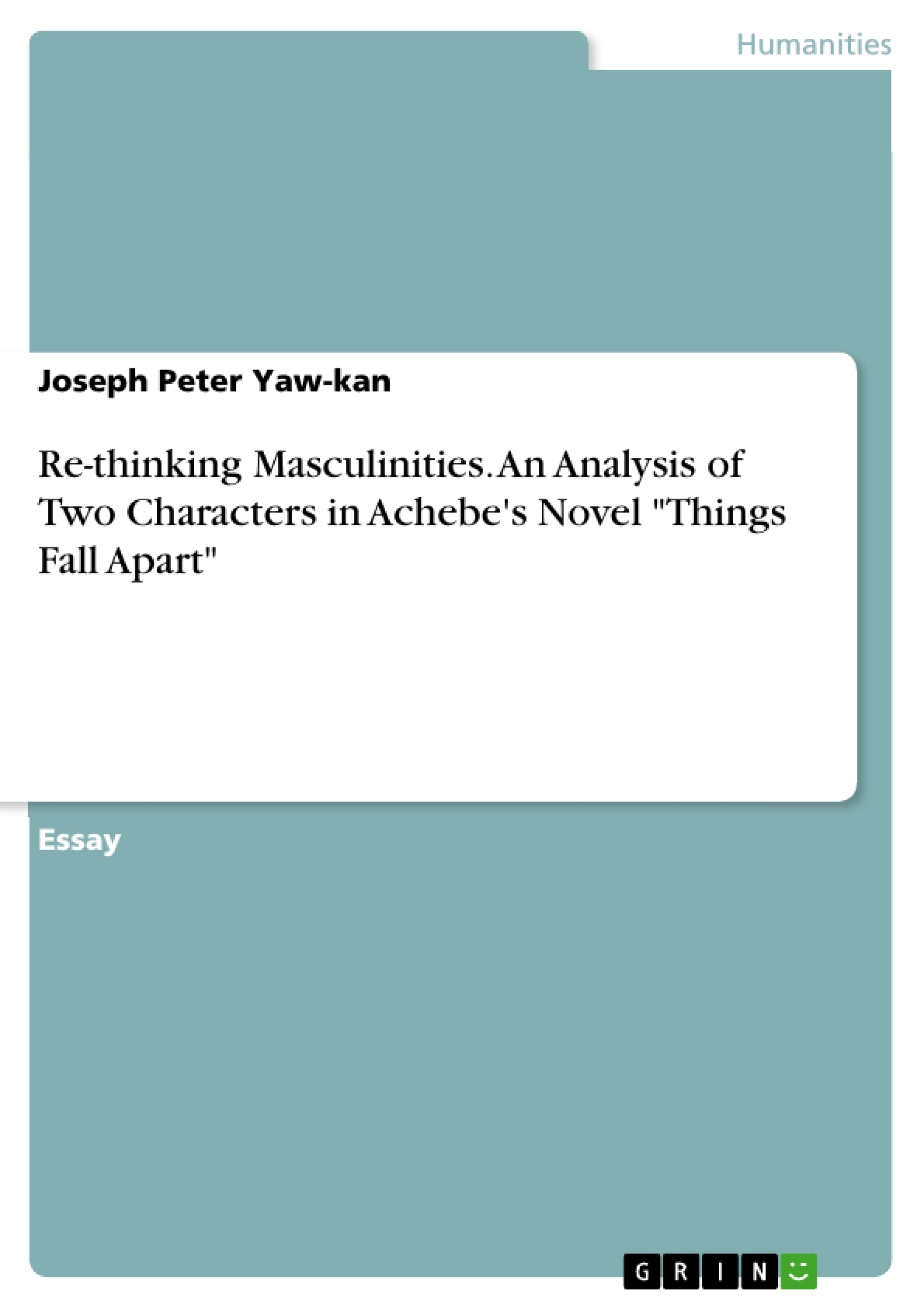What is the main topic of analysis in the context of "Things Fall Apart"?
The paper analyzes the contemporary trend of gender-related issues under the umbrella of “Masculinity,” focusing on its representation in African literature, particularly through the characters of Okonkwo and Obierika in Chinua Achebe's "Things Fall Apart."



